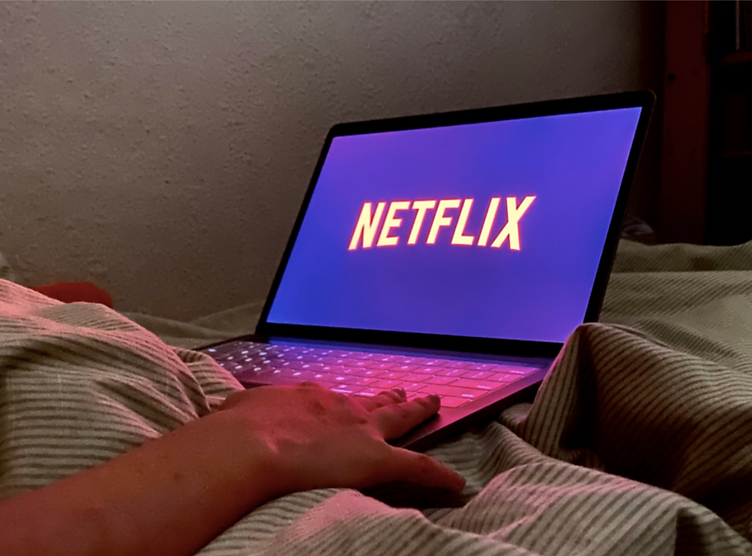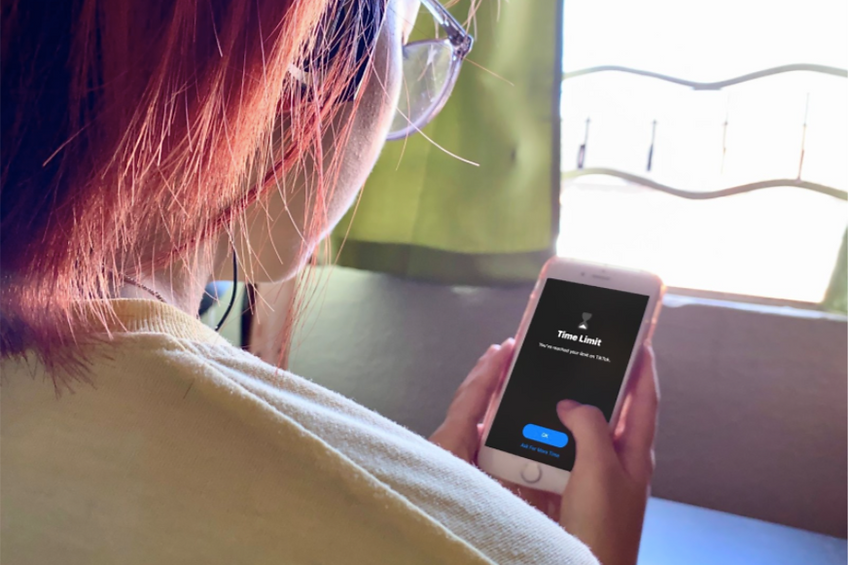

NEWS THAT LEAVES A MARK.
Tips To Avenge Your Revenge Bedtime Procrastination
Andrea Megan Teo Huei Min
3rd February 2022
Sub Editor
.
.
Feeling tired? ANDREA TEO speaks to sleep expert Dr Stijn Massar about how students can manage procrastination at night.
Dr Massar: “You don’t allow yourself to be optimal during the day, but it also makes you feel like you don’t have the ability to change things, because it just happens, everything just happens and you have to respond to that.” Photo: Andrea Teo.
Do you find yourself scrolling on your phone late at night when you really should be sleeping? Megan Yeo, an 18-year-old student, experiences the phenomenon called revenge bedtime procrastination most often when doing home-based learning.
“At the end of the day, in order to have some time for myself, I would stay up watching Netflix or Tiktok or scroll through Instagram and I would often lose track of time,” says Ms Yeo.
Revenge bedtime procrastination, though a newly coined term, is based on a known phenomenon, bedtime procrastination.
“Bedtime procrastination is the practice of delaying one’s bedtime beyond what was originally intended,” says Dr Stijn Massar, 43, a senior research fellow at the National University of Singapore Sleep and Cognition Laboratory. The prefix ‘revenge’ suggests that people partake in bedtime procrastination to regain some control over their lives and “engage in some leisure activities”.
Dr Massar says: “I believe [revenge bedtime procrastination] is pretty prevalent in many societies where work is a very strong force for scheduling.”
Due to heavy workload from school, students either extend their bedtimes to catch up on work they did not manage to complete in the day, or to enjoy some downtime after a stressful day.
Mae Lynn Choi, 20, a student at James Cook University, says, “My mentality is that if I’m awake, I’m more likely to do urgent and important work. However, it backfires and I end up sleeping really late instead.”
This may result in waking up late the next day only to be lethargic and unproductive, stretching out into the night where the cycle repeats itself.
Sounds familiar? Here are some tips to help manage revenge bedtime procrastination.
1. Expose yourself to natural light to reset your biological clock.
Try this if you find it hard to stay awake in the morning.
“Being outside, even on a cloudy day, is already way more exposure to light intensity that is needed to reset your [biological] clock,” says Dr Massar.
While the effects may not be felt immediately, if done consistently, your body will be more accustomed to being awake in the morning.
“It’s an easy and free medicine,” he says, “you just have to get out of bed and step outside for 30 minutes.”
2. Work your schedule around your bedtime.
“Do not let your bedtime be dictated by your schedule,” says Dr Massar. In addition, if you know you need downtime before sleeping, factor that in your schedule.
Dr Massar acknowledged that while it is difficult to plan your day, you should try to have an “intentional plan towards bedtime, which includes downtime”. This helps to stop revenge bedtime procrastination as the downtime would already be scheduled, and you won’t have to extend your bedtime past the scheduled time.
Ms Yeo says she might take up this suggestion as “it forces you to be intentional with your time and manage it better”.
3. Be aware of how you spend your downtime.
It is important to not only schedule in downtime, but to also be mindful of what you are doing to unwind.
“Entertainment platforms are very strongly designed to keep you engaged,” says Dr Massar, as the more time you spend on apps such as Tiktok or Netflix, the more money the company earns. Knowing this is important, as it is a key factor in why it is so easy to lose track of time while on these platforms.


“Very often, when we’re engaged in [entertainment platforms], we just need a little poke to be like, ‘Has it already been one hour? OK, let’s put the phone down and go to sleep,’” says Dr Massar. Photo: Andrea Teo.
Most smartphones come with screen time management tools, which is a simple way to help keep track of your time spent on your phone, and block your access once your set time is up.
Finally, remember that you are not alone.
“It’s not just you,” says Dr Massar, “but it is a structure around you.”
He says: “Many people feel that they have lost control of their schedules and they just have to go for as long as they need to, until they literally fall asleep.”
What is important is to be “intentional about scheduling and intentional about trying”.

.png)
